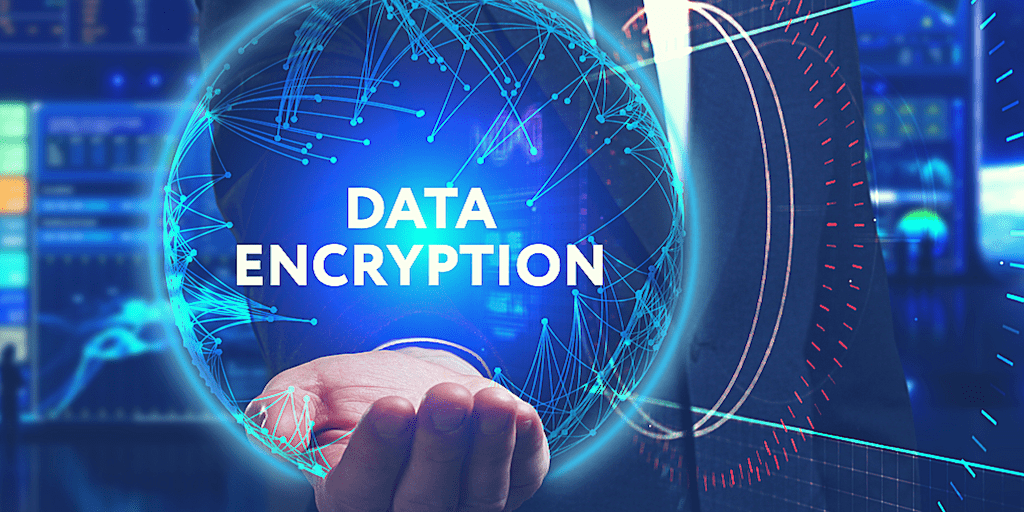Quantum Cryptography and Post Quantum Algorithm Security Testing
The advent of quantum computing presents a significant challenge to traditional cryptographic systems. As quantum computers grow more powerful, they threaten to break many of the encryption algorithms currently in use today. To address this threat, new cryptographic algorithms are being developed that can resist attacks from both classical and quantum computers—these are known as post-quantum cryptography (PQC) solutions.
Our Quantum Cryptography and Post Quantum Algorithm Security Testing service ensures that your security protocols remain robust against these emerging threats. We provide a comprehensive suite of testing services tailored to evaluate the resilience of cryptographic algorithms in the face of quantum computing advancements. By leveraging advanced methodologies and cutting-edge instrumentation, we can help you ensure compliance with evolving standards and best practices.
Our team of experts has extensive experience working with various quantum-resistant algorithms such as lattice-based cryptography, multivariate polynomial systems, hash-based signatures, and code-based cryptography. We understand the nuances involved in testing these sophisticated algorithms and offer tailored solutions that align with your specific requirements. Whether you are looking to validate a new algorithm or assess existing ones for their quantum resistance, our services can provide the necessary insights.
Our testing process involves rigorous validation of cryptographic implementations using both classical and quantum simulators. This allows us to simulate potential attack vectors that could be exploited by quantum computers. Additionally, we perform thorough analysis of performance metrics like key generation time, encryption/decryption speed, and memory usage to ensure optimal efficiency.
By partnering with us, you gain access to state-of-the-art facilities equipped with the latest technologies needed for conducting comprehensive security assessments. Our approach ensures that your systems remain secure not just today but also in the future when quantum computing becomes more prevalent.
Why It Matters
The importance of securing sensitive information cannot be overstated, especially given the rapid pace at which technology evolves. With advancements in quantum computing, existing cryptographic methods may become vulnerable to unprecedented attacks within just a few years. Therefore, ensuring that your digital assets are protected by resilient encryption techniques is crucial.
- Protecting personal data and intellectual property from unauthorized access.
- Maintaining confidentiality and integrity of communications over networks.
- Achieving regulatory compliance with international standards such as NIST's guidelines on PQC.
In today’s interconnected world, organizations must continuously adapt to emerging threats while maintaining robust security measures. By investing in quantum-resistant cryptography now, businesses can safeguard their operations against future risks posed by advanced computational capabilities.
Scope and Methodology
| Aspect | Description |
|---|---|
| Algorithm Evaluation | Evaluation of cryptographic algorithms for resistance against quantum attacks. |
| Performance Testing | Assessment of key generation times, encryption/decryption rates, and memory requirements. |
| Compliance Verification | Ensuring adherence to relevant standards like NIST PQC guidelines. |
| Simulation Analysis | Use of classical and quantum simulators to predict potential vulnerabilities. |
We employ a multi-faceted approach to ensure thorough evaluation of cryptographic systems. Our methodology includes detailed assessments of various aspects including algorithm performance, compliance with industry standards, and simulation-based analysis using both current technology and hypothetical future scenarios involving quantum computing capabilities.
Environmental and Sustainability Contributions
- Reduction in resource consumption associated with frequent key changes due to increased security measures.
- Promotion of sustainable practices through the development of long-lasting encryption solutions that require minimal updates over time.
The shift towards quantum-resistant cryptography not only enhances security but also contributes positively to environmental sustainability. By adopting more durable cryptographic systems, organizations can reduce their carbon footprint associated with repeated rekeying processes necessary under less robust protection schemes.





